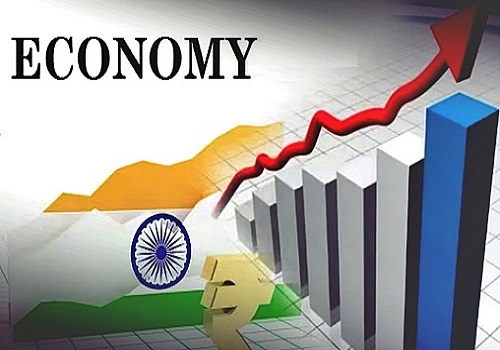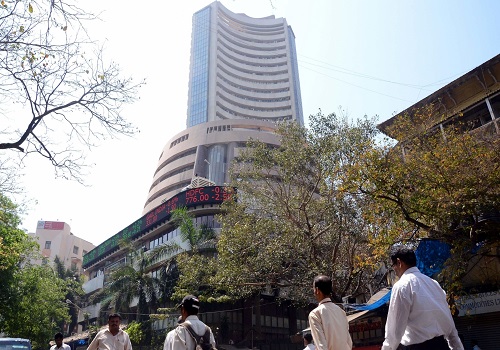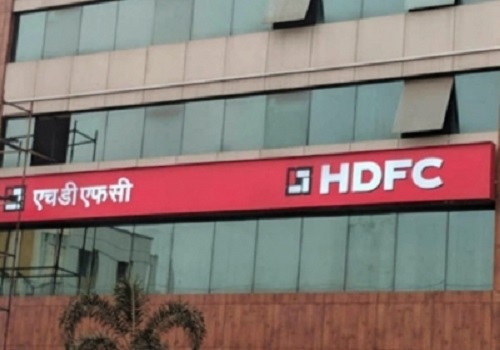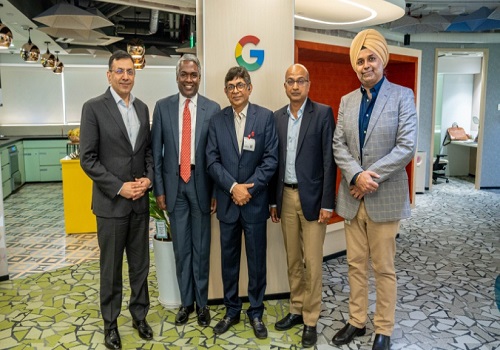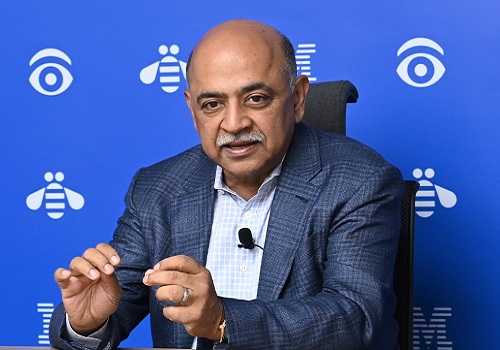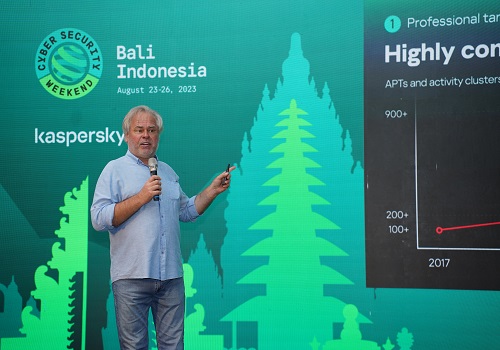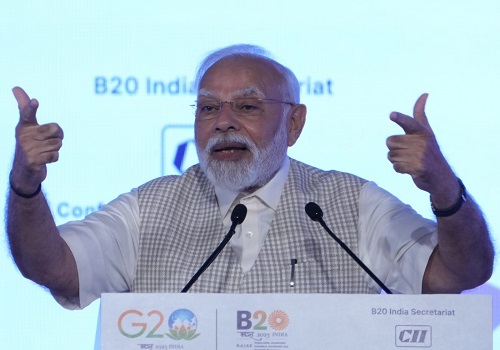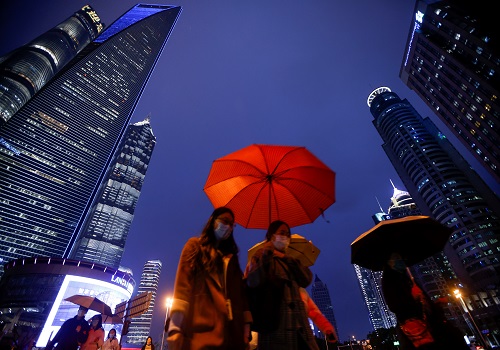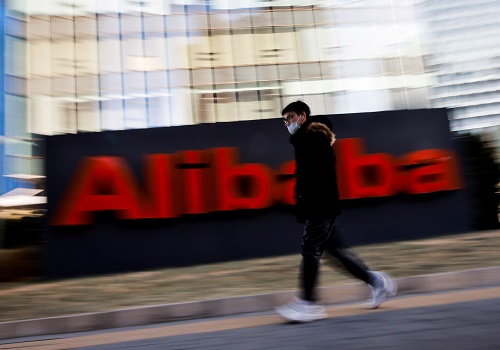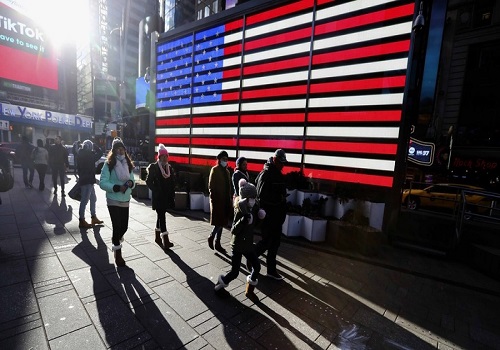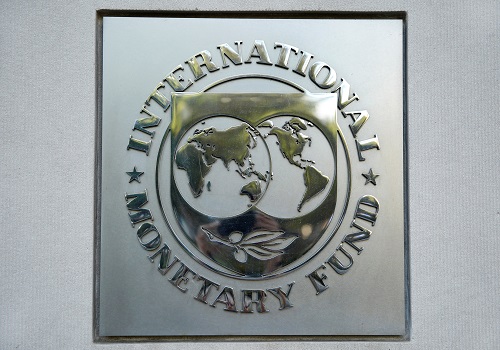Will Dubai be amongst the 10 leading Metaverse economies globally?
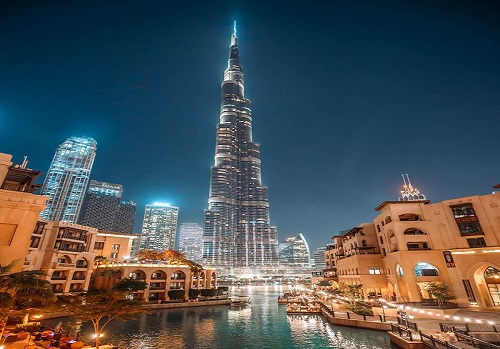
Follow us Now on Telegram ! Get daily 10 - 12 important updates on Business, Finance and Investment. Join our Telegram Channel
The Dubai Metaverse Strategy was launched with the goal of making Dubai one of the top ten metaverse economies and a global hub for the metaverse community.
His Majesty Sheikh Hamdan bin Mohammed emphasised the importance of consolidating Dubai's status as a hub offering the most advanced metaverse ecosystem and as a global leader in adopting digital solutions, which reflects His Highness Sheikh Mohammed bin Rashid Al Maktoum's ambitious vision of transforming the emirate into a global capital of advanced technologies, primarily artificial intelligence (AI) and Web3.
The strategy aims to build on Dubai's success in attracting over 1,000 blockchain and metaverse companies. It also promotes Dubai's goal of supporting over 40,000 virtual jobs by 2030. This would further boost Dubai's economy and support the UAE government's goal of tripling the current number of blockchain companies.
According to Al Olamas, the Dubai Metaverse Strategy aligns with the UAE AI Strategy's goals of elevating the country's position as one of the world's leading countries in futuristic sectors by investing in new initiatives and empowering talent to drive digital transformation and the adoption of future technologies.
The Dubai Metaverse Strategy aims to foster innovation, increase the economic contributions of the metaverse through R&D collaborations, and promote advanced ecosystems through accelerators and incubators that attract companies and projects to Dubai.
The strategy focuses on developing talent and investing in future capabilities by providing the necessary support in metaverse education for metaverse developers, content creators, and users of digital platforms.
The key pillars of the strategy are extended reality (which combines the physical and virtual worlds), augmented reality, virtual reality, mixed reality, and digital twins (a virtual representation of an object or system). The strategy aims to improve human thinking processes by leveraging real-time data, utilising machine learning and IoT, and utilising AI simulation and blockchain.
The technology pillars of the metaverse strategy are data, network, cloud, and edge computing, which focus on real-world data acquisition, validation, storage, processing, and management. Other pillars include promoting full 5G network deployment to enable edge computing and provide on-demand computer system resources. Instead of using the cloud, edge computing allows data to be collected, stored, and processed locally via smart devices and local networks.
VR and AR are two key enablers of the metaverse, accounting for 6,700 jobs and contributing $500 million to the UAE economy, both of which are expected to grow significantly in the future. The metaverse offers a wide range of economic opportunities. Globally, the value of venture capital and private equity financing in the metaverse is expected to reach $13 billion by 2021, while metaverse real estate sales surpassed $500 million last year.
Second Life, a virtual world in which users can explore fantasy landscapes and create their own, is expected to contribute more than $650 million to global GDP in 2021. The metaverse also achieved 200 strategic partnerships with Sandbox, a decentralised gaming virtual world, including the launch of the Warner Music Group in the metaverse as a music-themed virtual world.
According to analysts, the metaverse could contribute up to $5 trillion to the global economy by 2030. The market value of NFTs is expected to reach $80 billion by 2025, with consumer spending on in-game purchases reaching $75 billion.
According to recent studies, the number of daily active users on Roblox, one of the leading global metaverse communities, has risen to 55 million. At the same time, 59 percent of global consumers want to move at least one of their daily activities to the metaverse.
The strategy encourages the use of a connected network of virtual spaces to improve the community's wellbeing in Dubai and to enhance initiatives that will position it as a role model in metaverse technologies with a strong digital infrastructure.












 320-x-100_uti_gold.jpg" alt="Advertisement">
320-x-100_uti_gold.jpg" alt="Advertisement">

